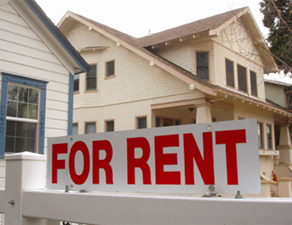I have purchased many rental properties during my time as a real estate investor. Some were mistakes that I should have walked away from, and others were good deals. How do you tell the good from the bad?
There are lessons I have learned, both from making bad deals and making good acquisitions, that I would like to share so that you can avoid those same mistakes. Let’s talk about some of the things to take into account when you are considering whether to do a deal or walk away.
First, does it fit your business model? A lot of investors with whom I talk do not have any kind of business model. And if you don’t have a business model, you need to get one. You need to have a goal as to what type of properties you want. You need to write those goals down, and you need to stick to them and constantly refer back to them.
When you are looking at a deal, you should always ask yourself, “Does this property fit my goals?” If the answer is “No,” then I say you should walk away from it.
Do not become emotionally attached. If the deal doesn’t make sense, do not move forward. Do not buy a property just because you like the area or you like the yard or you like the bedroom. Or because it reminds you of when you were a kid.
Always make your decision based on numbers—not emotions. Always be prepared to walk away and find reasons why you should not walk away.
A lot of people are always trying to buy the deal and trying to reason why they shouldn’t. I kind of look at it the other way. Look for reasons that you should walk away, and if there is not a reason, then go ahead with it.
Make sure you have enough liquid capital when you do purchase a property. And absolutely have a contingency plan. Don’t buy a property assuming that nothing will go wrong. Always, always have a contingency plan. Even if it is a brand new house, have a contingency plan. Obviously, the older the home, the higher the potential for maintenance costs and the potential for things to break.
Also, lower-income properties are probably going to have a higher tenant turnover. With higher tenant turnover you are going to have higher management fees, higher costs for getting the property rent-ready and other things like that.
For example, let’s say your potential deal is in a declining neighborhood or the area is a high crime area or maybe is in a bad school district. Those are all things that you want to consider when evaluating whether to buy a property.
And lastly, you should walk away if the information just doesn’t add up. Maybe you were told something and you found out through your own due diligence that it wasn’t true. Maybe the sellers are not disclosing all the information relevant to the deal and you are having to learn about it as you go.
I urge you to do your own due diligence to figure out why. And if it does not fit your business model, I would say it would be best to walk away.























0 Comments